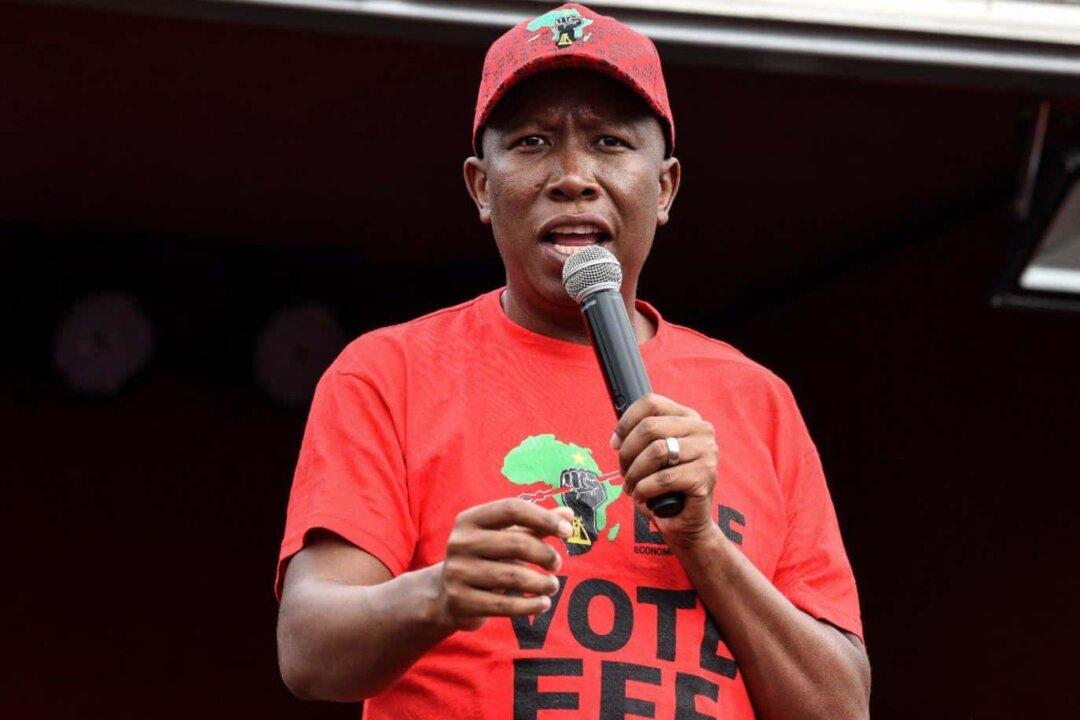JOHANNESBURG—It’s winter in South Africa, 1993, and the headlines are being written around the world: The long-awaited racial conflagration is about to erupt in a country that’s experiencing the final death throes of apartheid.
A Polish white supremacist, with white-blond hair and steel-blue eyes, has put a volley of bullets into South African Communist Party leader Chris Hani, a hero of the anti-apartheid resistance movement.





